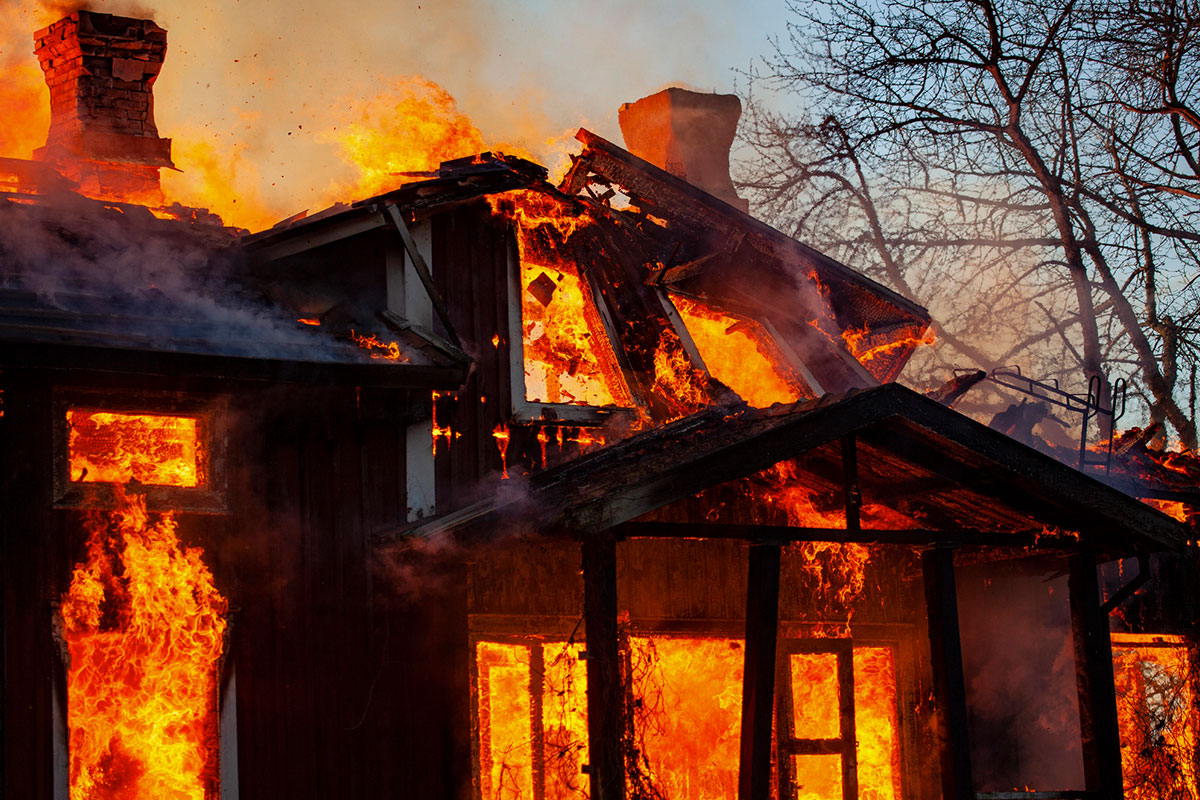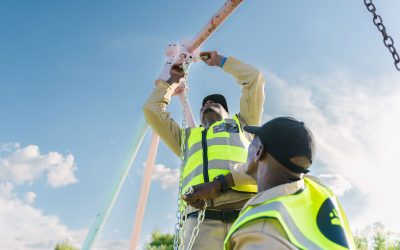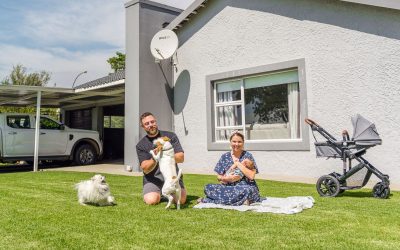Fires Are Dangerous – Stay Safe!
The FNA is here to help during a fire emergency. They’ll arrange the right support — but remember: your life always comes first.
🧯 Fire Extinguishers:
A fire extinguisher can save lives, but only if it’s ready and you know how to use it.
- Do you have one at home?
- Do you service it regularly?
- Do you know how it works?
🔥 Gas Safety
Gas itself has no smell, but manufacturers add one so you can detect leaks.
- Check gas appliances often.
- Turn off gas bottles and appliances before bed or when leaving home.
- Never use matches or lighters if you smell gas — it can cause an explosion.
⚡ Electrical Safety
Electricity is one of the biggest fire risks in homes.
- Make sure you have an Electrical Compliance Certificate (COC) from a qualified electrician.
- Switch off appliances when leaving home.
- Don’t overload multi-plugs with high-power items (e.g. washing machines, tumble dryers, air fryers, irons). Plug them into the wall directly.
- Check power cords often. Don’t use appliances with damaged wires.
- Be careful with electric blankets:
Never use them with hot water bottles.
Switch them off once the bed is warm.
🚨 What To Do During a Fire
If a fire breaks out:
- Stay as calm as possible.
- Evacuate immediately. Take your emergency bag if you can.
- Call the FNA or use your handheld radio.
- Warn your neighbours.
- Never go back inside.
- Contact your insurance company to report the fire.
📝 What To Expect After Calling for Help
If a fire breaks out:
- The FNA (or you) will need to call the municipal fire department.
- If a private fire company arrives:
– They will give you a form to sign.
– Read the terms carefully before signing.
– Once signed, you’ll be responsible for paying the amount on the bill.




